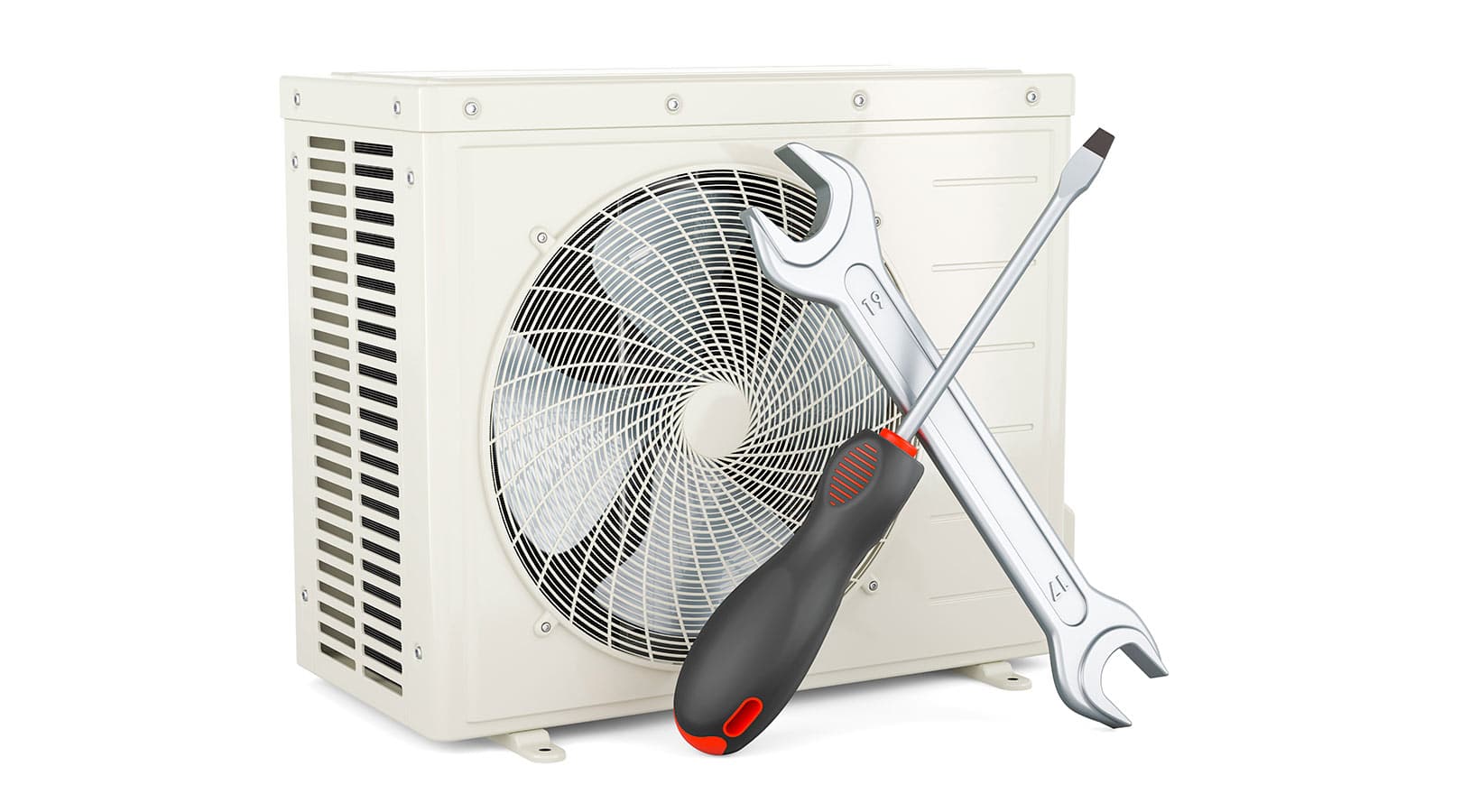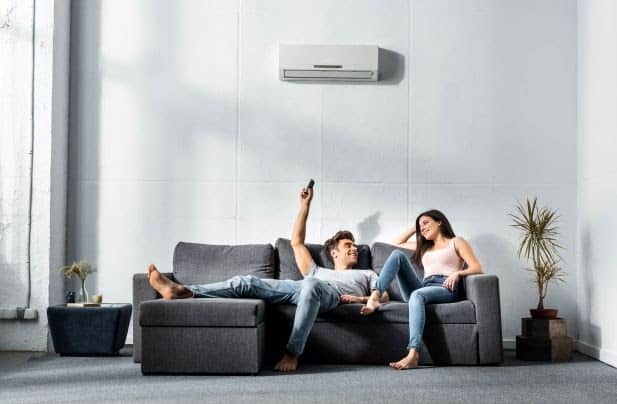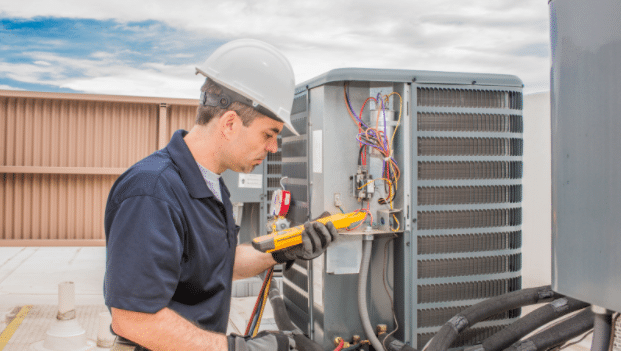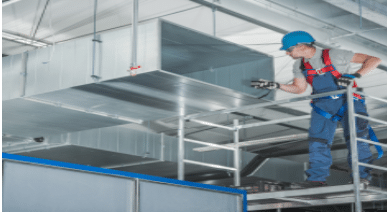HVAC Repair vs. Replacement: How to Make the Right Call for Your Tampa Bay Home
When your air conditioner starts struggling to keep up with Florida’s heat and humidity, you’re faced with a critical question: Should you repair your AC again, or is it finally time for a full AC unit replacement?
Because Tampa Bay homes rely on cooling systems nearly year-round, understanding the right moment to upgrade can save you thousands in energy costs, repair bills, and frustration. To help, our experts at Air Rescue Air Conditioning — serving the Greater Tampa Bay area since 1946 — break down the most innovative way to evaluate your system and make a confident decision.
1. Start with Age and Overall Condition
Most air conditioners last 10–15 years, but in Florida’s long cooling season, many systems wear down faster.
You may be facing replacement if you notice:
If your AC system is more than a decade old and showing multiple signs of wear, repairs may only buy you limited time. A new, energy-efficient system can restore comfort, improve reliability, and reduce your monthly utility bills.
2. Compare Repair Costs vs. Replacement Value
A popular rule in the HVAC industry is the 50% rule:
Even minor but repeated repairs can add up quickly — especially as refrigerant and labor costs rise. Choosing an AC system replacement ensures you stop paying for temporary fixes and start investing in long-term comfort and efficiency.
Air Rescue technicians provide transparent pricing and a full cost-benefit breakdown so you can make the right financial decision for your home.
Decision-Making Chart: Should You Repair or Replace?
|
Situation |
Best Option |
|---|---|
|
Your system is under 10 years old with minimal repairs |
|
|
Your system is 10–15 years old, with frequent repairs |
|
|
Energy bills keep climbing despite routine maintenance |
|
|
Energy bills keep climbing despite routine maintenance |
|
|
Unit uses R-22 or R-410A refrigerant |
|
|
You want better air quality, humidity control, or a smart thermostat feature. |
|
|
You plan to stay in your home 5+ years |
|
|
You plan to sell your home soon |
3. Check Your Energy Efficiency and Utility Bills
Older systems often have lower SEER (Seasonal Energy Efficiency Ratio) ratings. Since 2023, all newly installed systems in Florida must meet updated SEER2 standards, offering better performance and reduced energy consumption. Learn more about the SEER rating from our recent article.
Upgrading from a SEER 10 system to a SEER2 15+ can cut cooling costs by up to 40% — a significant advantage in Tampa Bay’s nearly constant cooling season.
Many homeowners see their new system pay for itself through long-term energy savings.
4. Consider Refrigerant Changes and Future Repair Costs
If your AC unit still relies on older refrigerants like R-22 or even R-410A, you may already be noticing rising repair costs. These refrigerants are being phased out nationally in favor of newer, eco-friendly options such as R-32 and R-454B.
By upgrading now, you’ll:
A new system protects your investment and eliminates worries tied to obsolete refrigerants.
5. Look Beyond Cooling — Comfort and Air Quality Matter
Modern HVAC technology does far more than blow cold air.
Today’s systems offer:
Air Rescue is currently offering a FREE UV light with any new HVAC system installation — a valuable upgrade for Tampa Bay homeowners who want cleaner, healthier indoor air.
6. Take Advantage of Incentives, Specials, and Financing
Replacing your HVAC system is a significant investment — but Air Rescue makes it easier and more affordable with:
Current Specials
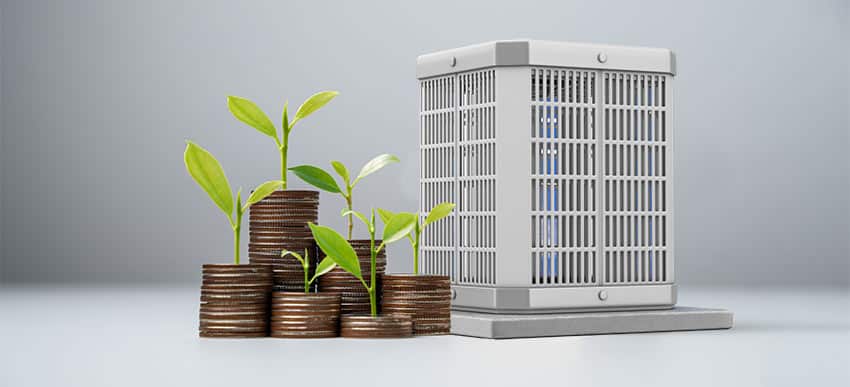
Energy-Efficiency Tax Credits (IRA)
Thanks to the Inflation Reduction Act (IRA), homeowners can receive up to:
$2,000 in federal tax credits for qualifying high-efficiency AC systems or heat pumps. These savings help offset upfront costs and make upgrading more budget-friendly.
(Remember: rebates lower your purchase price, while tax credits reduce the taxes you owe.)
Air Rescue can help you identify all available credits and rebates.
7. Schedule a Professional HVAC Evaluation
Every home is different — and not every AC system needs immediate replacement. A certified Air Rescue technician can:
The result? A data-backed decision that aligns with your comfort goals and budget.

The Bottom Line: Choose Comfort, Efficiency, and Peace of Mind
If your system is aging, unreliable, or inefficient, replacing it may be the most practical long-term choice. With today’s high-efficiency models, attractive rebates, and Air Rescue’s current promotions, upgrading now delivers:
Air Rescue Air Conditioning has helped Tampa Bay families stay cool since 1946.
At Air Rescue, we help homeowners feel comfortable. We provide expert service and high-efficiency systems. We also offer indoor air quality solutions that match your lifestyle.
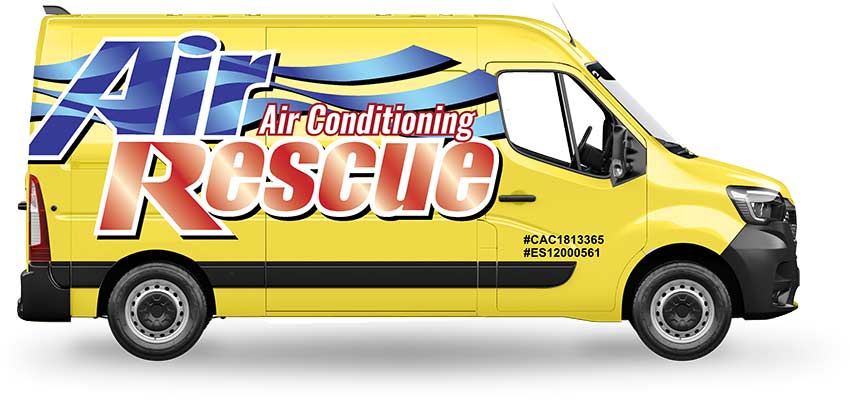
Call (813) 358-3431 or schedule online to claim $1,500 OFF your new AC installation — plus a FREE UV light.


